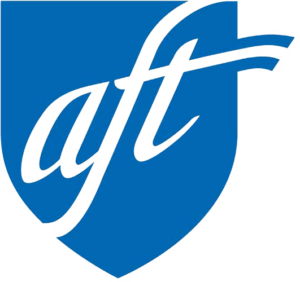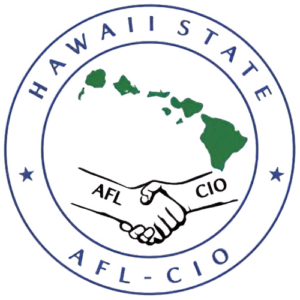The following is a copy of UHPA Executive Director Christian Fernʻs dissent to the Board of Regents Permitted Interaction Group (see page 188) on Tenure, Sept 10, 2021.
Letter of Dissenting Opinion
(also published on page 211 of the BOR Sept 16 meeting materials)
Aloha Chair Moore and Board of Regents:
On February 18, 2021, the University of Hawai‘i Board of Regents established and gave the Tenure Permitted Interaction Group (“Task Group”) an important assignment; to fully explore tenure, including its history and purpose, how tenure has evolved, current views of tenure from those outside the University of Hawai‘i system, and a review of current processes, criteria and decision-making on tenure.
In the last legislative session, certain legislators began to audaciously step outside the scope of their responsibilities and attempted to micromanage the University of Hawai‘i’s operations. It was appalling to witness a legislator publicly admit that the positions of specific tenured faculty members were being targeted for termination. This is some important context because tenure has been a topic of debate and discussion for more than half a century, and was one important reason the faculty sought fair representation with the University of Hawaii Professional Assembly in 1974.
The formation of this Task Group was based in part on the bold, even vindictive, attacks on individual faculty members and the autonomy of the University of Hawai‘i. The intent was to address tenure in an objective manner, not further the predilections of legislators and influence their capricious decision-making.
Rather than taking advantage of this unique opportunity, we find ourselves in a counterproductive situation. Many members of the Task Group came to the table with erroneous, preconceived notions about tenure, which unfortunately has impacted the objectivity of the group’s overall focus and discussions. I felt it was my kuleana to represent the interests of the faculty, and my words and detailed explanations fell on deaf ears in my attempt to change the narrative to accurately reflect what tenure is and is not. Tenure is not merely job security, and does not accurately define the work of faculty members, but rather it describes the protection from interference in how faculty carry out the elements of their work, whether in classroom instruction, or in the right to publish thoughts, ideas, beliefs, political issues or research. This right dramatically differentiates faculty from any and all other state employees.
Our discussions have not revealed any valid or actionable problems with the University of Hawai‘i’s tenure processes that have merit to address, yet the Task Group is moving ahead in proposing sweeping changes that are very top-down in nature and clearly not necessary. There is no question that the proposed recommendations from the Task Group will cause undue anger and frustration among the faculty, who have endured constant attacks from external forces and will now be facing an internal enemy at a time when it is most important for us to move forward together.
Based on my observations and our discussions to date, we have strayed away from that original purpose and are not delivering on the requests and expectations of the Board of Regents. The discussions and the decisions made by the Board of Regents based on the Task Groupʻs recommendations will ultimately negatively impact faculty. The Board of Regents cannot take this decision, role, and responsibility lightly. I am writing this as my formal personal dissenting opinion as a member of the Task Group. For the record, I would like to make the following points about tenure that I hope the Regents will seriously consider before making any determination or decision:
- First, the Task Group erroneously approached tenure as an obstacle to quality teaching and research at the University of Hawai‘i by viewing tenure purely and solely as a tool of absolute job security or lifetime employment. As a result, the underlying tone and tenor of the discussions were antagonistic instead of exploratory. It was evident that there was a predetermined agenda and intent on dismantling the UHʻs tenure system. I truly believe this was not the intent and purpose of the Board of Regents. These Task Group members, including some UH administrators, mistakenly believe the University of Hawai‘i administration has virtually no ability or avenue to intervene and/or address substandard performance. The prevalent perception is that tenure is an iron-clad protection from terminating faculty members who do not meet performance expectations and requirements of the position. Unfortunately, these skewed notions are impacting the entire group-think process.
- I appreciate the Task Group’s invitation to Deb Halbert, who offered meaningful background information on the history and purpose of tenure to bring all members up to speed and establish a common baseline of our understanding of tenure. However, our discussions are not being built on that foundation and there is a divergence of opinions that is holding us back from making thoughtful decisions and recommendations to the Board of Regents.
- Tenure was established at institutions of higher learning to safeguard a faculty member’s right to academic freedom. This is essential to those who teach and conduct research, especially at R1 universities such as the University of Hawai‘i at Mānoa. Tenure provides the essential conditions and optimal environment for faculty to educate students, to pursue research and innovation, and to draw upon evidence-based conclusions that are free from undue political interference or corporate pressure.
- Granting tenure to a University of Hawai‘i faculty member is at least a five-year process that involves a great deal of rigor and peer review. By contrast, civil service positions in the State enjoy security after a six-month probationary period. Other UH positions (Unit 8 APT employees) have “employment security” after three years in a permanent position.
- All other peer institutions of higher education that grant tenure can terminate a faculty member for cause, substandard performance, or for extraordinary circumstances like fiscal exigency or program discontinuation. The University of Hawai‘i is no different. These managerial rights to terminate faculty under those conditions are clearly outlined and defined in the UHPA/BOR Unit 7 Agreement. Faculty understand the granting of tenure places a far greater burden and responsibility on them to maintain high standards of research and instruction, both inside and outside of the classroom, and know they are setting an example for junior faculty who are striving to obtain tenure.
The key for any successful university is to have its Regents create and enact policies that will better assist the university’s administration in cultivating and fostering a learning environment where faculty can thrive, innovate, create, and transfer knowledge and information for students and to benefit the broader community. Regents must operate at a high level, focusing on policies to facilitate a positive environment for higher learning, and then step out of the way to let the faculty do what they do best as experts in their fields.
Cultivating respectful conversations among the University of Hawai‘i administration, University of Hawaii Professional Assembly and faculty have proven to be the best approach to advancing the mission of the University of Hawai‘i. Students must remain the focus. Over the past year and a half, faculty have shown they are adaptable, flexible, and collaborative and this has been key to the University of Hawai‘i delivering more 17,000 diplomas, degrees, and certificates to students in the midst of this pandemic.
We can, and must do better, for students, faculty and the University of Hawai‘i system.
Mahalo,
Christian Fern
Executive Director
University of Hawaii Professional Assembly



